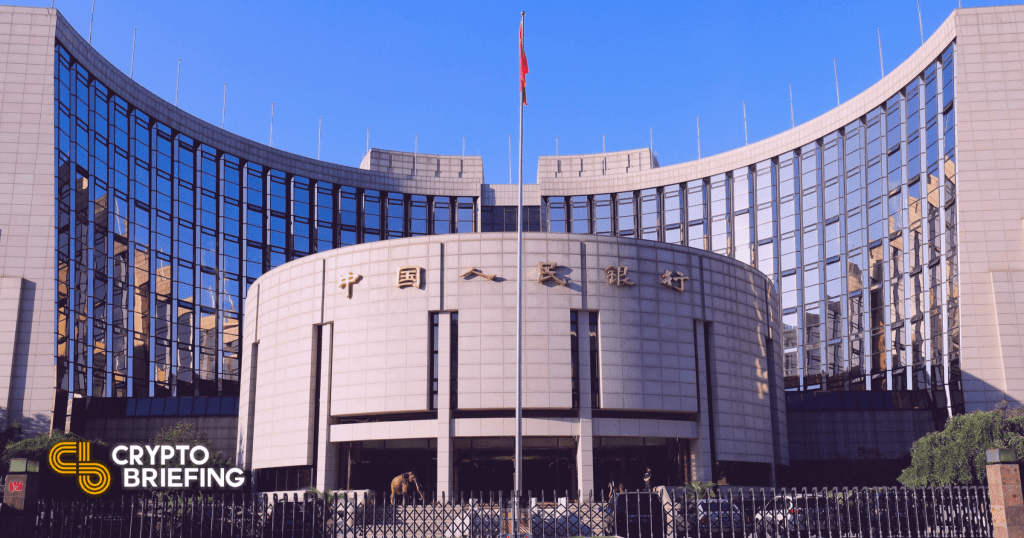
Shutterstock cover by humphery
China’s Digital Currency Project Head Says, “Anonymity Is Not Feasible”
Central bank digital currencies in China and America likely to rule out anonymity.
The head of China’s central bank digital currency (CBDC) research said in a business convention that complete anonymity is impossible.
China Firm on “Controllable” Privacy of CBDC
Mu Changchun, the Chinese head of the Digital Currency Institute, said that they would follow the policy of “controllable anonymity” for the digital renminbi, drawing parallels with the present KYC- and AML-based banking system at the 2021 China Development Forum.
The digital currency wallets’ KYC requirements would begin with only mobile number verification for small balances and transactions.
At the same time, higher volumes would require personal identification information and other income details. Changchun confirmed that mobile companies and banks cannot share personal user information unless required by a legal statute.
According to the Changchun, controlled anonymity avoids giving leeway in security concerns related to tax evasion, money laundering, and other criminal activities. He said:
“The anonymity of the central bank’s digital currency is limited anonymity on the premise that risks are controllable. A completely anonymous central bank’s digital currency is not feasible.”
The state agency’s head cited Bitcoin’s use in illegal activities made feasible due to its anonymity. Moreover, he also raised concerns about telecommunications fraud rampant around the world. According to a report, in 2019, the global volume of fraud through telephone calls was around $32.5 billion.
American Digital Currency Team Defers on Policy Talks
The U.S. Fed plans to reveal their preliminary digital currency design by the third quarter this year, the head of America’s digital currency project at Boston Fed, James Cunha, told Bloomberg.
Boston’s Federal Reserve and the Massachusetts Institute of Technology (MIT) are working on the initial research and design. They’re in the process of drawing a basic blueprint and would delve into specifics later.
The U.S. Fed’s work under Cunha will avoid taking “a stand on major issues” like anonymity, protection, and recovery in case of cyber-theft and mistakes.
“We think it’s important that we do not wait for the policy debate because then we’ll be a year or so behind,” Cunha said. “This will take significant outreach to the industry and serious debate.”
The research team will leave it to the lawmakers, the Treasury, and the Fed’s senior decision-makers to choose the features presented by them.
Although, the Fed’s Chairman Jerome Powell—even ECB’s President—has said in the past that the CBDC would complement the current cash-based currency system, not unlike the current progress in China.
Disclosure: The author held Bitcoin at the time of press.
